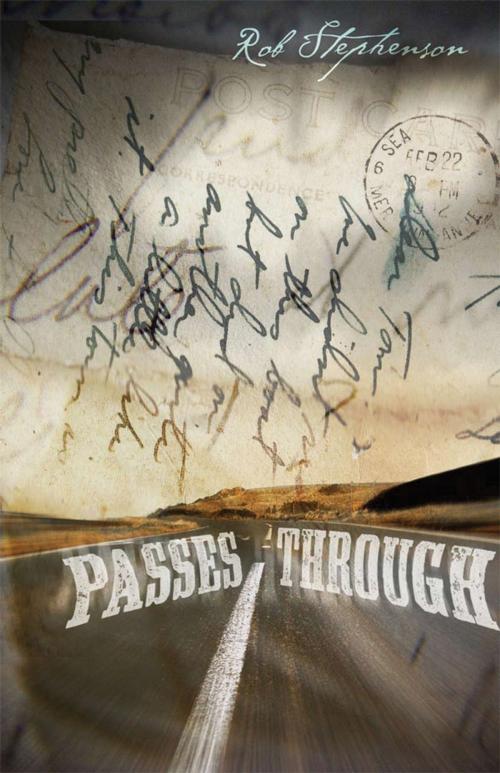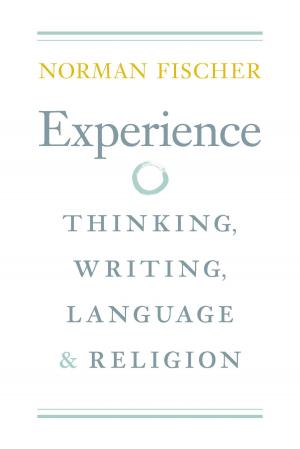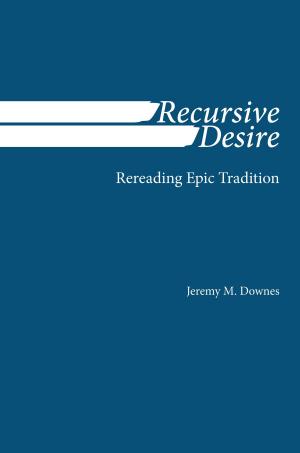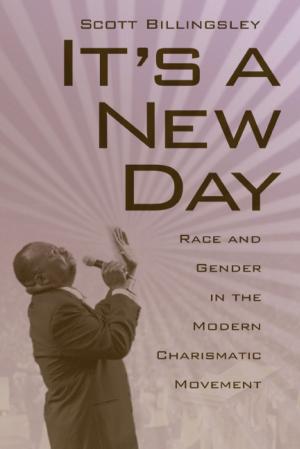| Author: | Rob Stephenson | ISBN: | 9781573668170 |
| Publisher: | University of Alabama Press | Publication: | March 17, 2010 |
| Imprint: | Fiction Collective 2 | Language: | English |
| Author: | Rob Stephenson |
| ISBN: | 9781573668170 |
| Publisher: | University of Alabama Press |
| Publication: | March 17, 2010 |
| Imprint: | Fiction Collective 2 |
| Language: | English |
A fictional meditation on time and experience—part journal, part meditation, part dreamscape
In language that is frank and uncompromising, Rob Stephenson’s debut novel, Passes Through, moves forward in a rare and daring manner. Part journal, part meditation on aesthetics, part dreamscape, Passes Through investigates experience, identity, beauty, and sexuality, while provocatively complicating such distinctions as writing versus revision and imagination versus observation. It is a narrative of and about language, a narrative of and about narrative.
Can we truly experience the present, the novel asks? No, we cannot, Passes Through suggests again and again. Stephenson throws to the wayside all of the traditional elements of fiction and in doing so composes a sort of musical composition of obsessive consciousness and selfhood’s slippage. This haunting novel never takes the easy route and baffles and confounds on its way toward a stunning yet inevitable finale.
A fictional meditation on time and experience—part journal, part meditation, part dreamscape
In language that is frank and uncompromising, Rob Stephenson’s debut novel, Passes Through, moves forward in a rare and daring manner. Part journal, part meditation on aesthetics, part dreamscape, Passes Through investigates experience, identity, beauty, and sexuality, while provocatively complicating such distinctions as writing versus revision and imagination versus observation. It is a narrative of and about language, a narrative of and about narrative.
Can we truly experience the present, the novel asks? No, we cannot, Passes Through suggests again and again. Stephenson throws to the wayside all of the traditional elements of fiction and in doing so composes a sort of musical composition of obsessive consciousness and selfhood’s slippage. This haunting novel never takes the easy route and baffles and confounds on its way toward a stunning yet inevitable finale.















